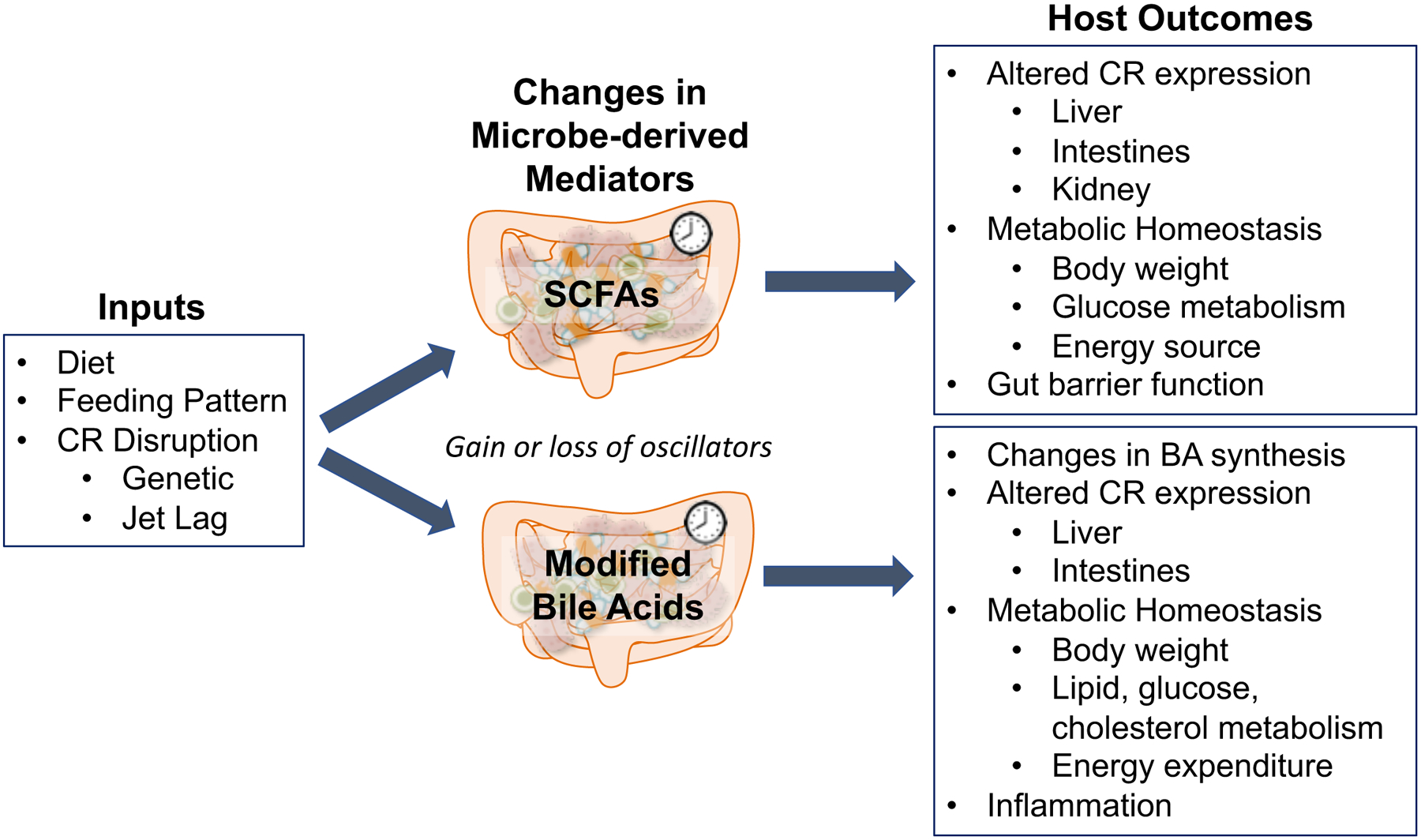Figure 1: Microbe-derived mediators that influence host metabolic outcomes.

Inputs to the host that can include altered diet, feeding schedule (such as time-restricted feeding), or circadian rhythm disruption (by genetic deletion of core clock genes or jet lag protocol in animal models), which can significantly affect the synthesis, metabolism, and dynamics of gut microbe-derived metabolites. SCFAs and modified secondary bile acids are two such groups of metabolites that also exhibit oscillations and influence host CRs, both of which are subject to changes of the preceding inputs. Gain or loss of gut mediators as oscillators can alter host metabolism, although specific dynamics concerning how this occurs has not been thoroughly described. As illustrated by the studies discussed in this review, both of these metabolite groups exhibit unique influence on host outcomes, particularly relating to metabolism and circadian rhythm expression.
